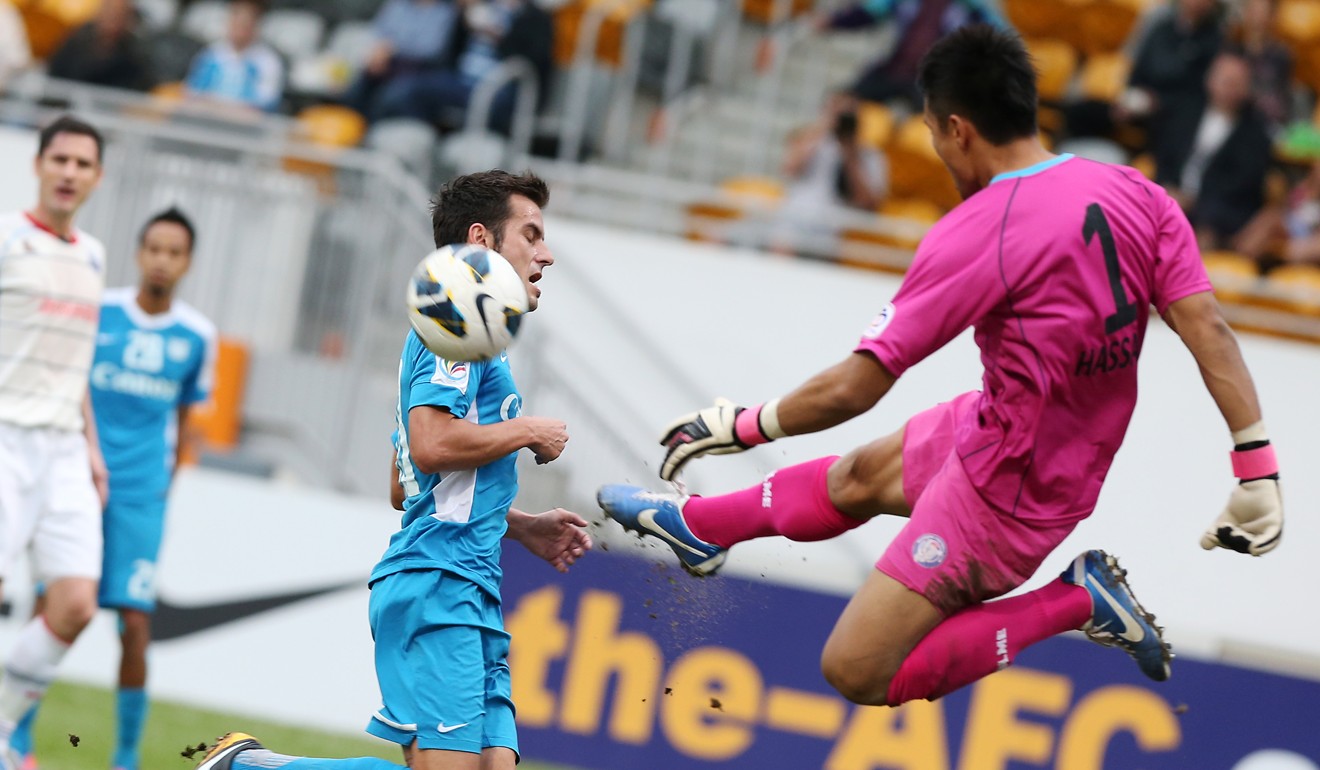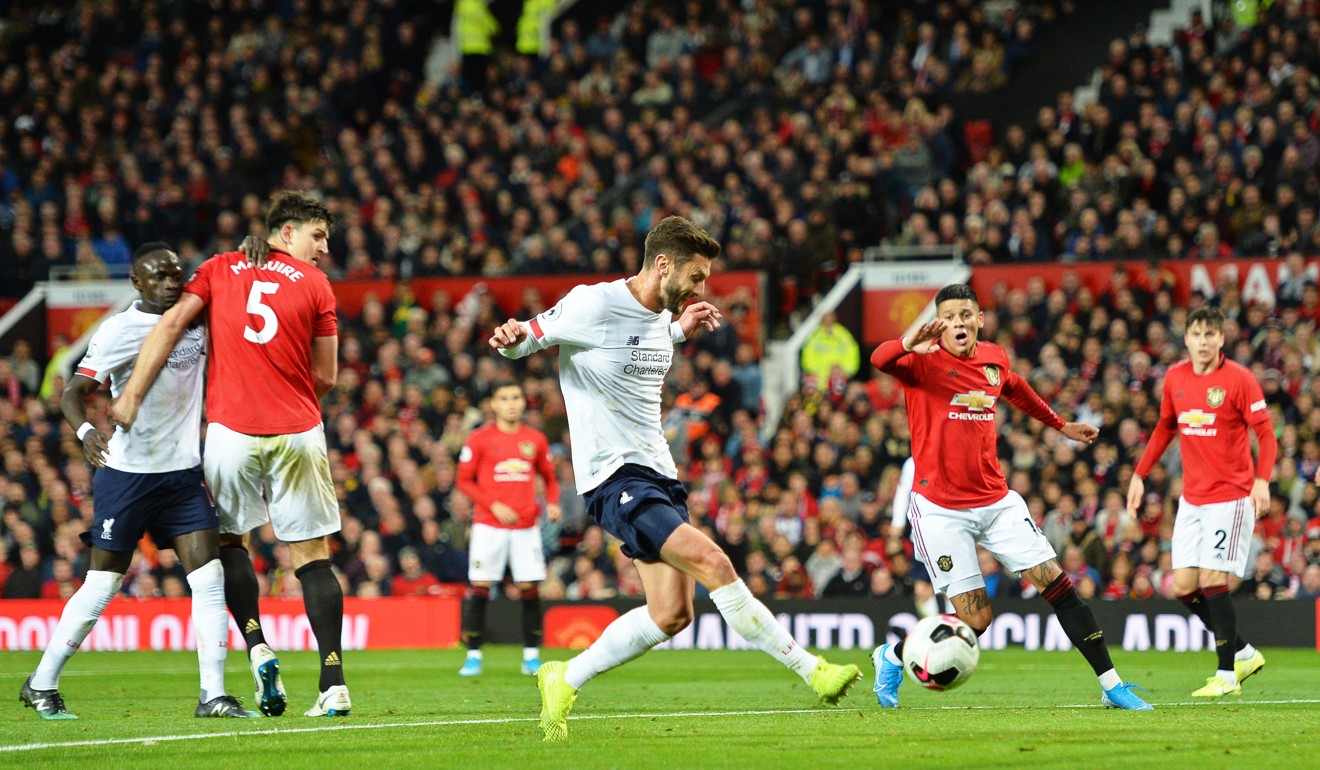
Should the Jockey Club legalise local football betting on games to help the league out?
- Football betting in Hong Kong has reached a staggering annual turnover of HK$114 billion, surpassing horse racing
- A small dip of the confers can help struggling Premier League clubs boost their financial resources
Can the introduction of betting on local football matches help solve some of the problems the sport faces in Hong Kong?
Football is once again at a crossroads as the Hong Kong Football Association’s Five-Year Strategic Plan, which receives an annual government subvention of HK$25 million, is due to be presented in less than four months. Along with the public money income, the sport receives a HK$25 million annual injection from the Hong Kong Jockey Club for the provision of grass-roots development of the sport.
The average attendance of the Hong Kong Premier League games, one of the FA’s key performance indicators in presenting the case for another cycle of government funding, remained under 1,000 a match last season, while some clubs, including Premier League champions Wofoo Tai Po, had difficulty securing sufficient financial resources to continue their campaign in the top flight in the summer.

Another notable indicator is the performance of the Hong Kong representative men’s team. Successes have been rare, as they failed to advance in the 2018 World Cup and 2019 Asian Cup qualifying campaigns. The 2022 Qatar World Cup finals qualifiers are also going poorly for them. They have secured just four points in five outings so far.
Hong Kong Jockey Club hits record high HK$234 billion turnover
If the government decides not to continue the funding in April, the Jockey Club is likely to follow suit. As a result, the FA will need to identify other resources to continue many of their existing programmes under the subvention. If not, they may have to cut or reduce the scale of a wide variety of activities such as referee training, futsal, coach education, women’s football and even the employment of Hong Kong team manager Mixu Paatelainen, whose contract is due for renewal in April.

But even if the government continues funding, individual clubs still do not benefit because from the day Project Phoenix was launched in 2011 through to the Five-Year Strategic Plan, it has been made clear that public money will not subsidise clubs.
So the problem remains how to help clubs expand their income to buy better players and increase wages to lift their standards.
Gambling-mad Hongkongers expected to place HK$30 billion in black market bets during World Cup 2018
The easiest way is to get more people to come to watch the game. Back in the 1990s, when South China met now-defunct Instant Dict in a First Division match, 30,000 fans went through the turnstiles at Hong Kong Stadium with each contributing HK$100 for each ticket. The then South China team manager, Peter Leung Shou-chi, said the two clubs each received a HK$1 million cheque for the gate receipts immediately after the match, with some more left in the HKFA reserve. Those days are unlikely to return.

At a Legco Home Affairs Panel meeting last week, many of the fans and local football figures that joined the discussion urged the government to reconsider allowing betting on local games to increase the awareness of football, with part of its profit going back to the clubs so they can have more money to spend.
To combat illegal gambling, the government in 2003 authorised the Jockey Club to operate betting on selected overseas football matches, with proceeds contributing to betting duties and charitable causes. But betting on local games has never been considered, even if it involves a Hong Kong side playing an overseas team in regional competitions such as AFC Cup or AFC Champions League.
Over the years, the government has reiterated it has no intention of launching betting on local football games because it would encourage gambling in society.

Also, it might lead to some unfavourable consequences, such as match fixing. According to the Betting Duty Ordinance, the government can decide the categories of matches on which betting may be conducted. The lawmakers at the Legislative Council, who always stand on the moral high ground, would probably hammer the government if the Jockey Club was allowed to launch betting on local football games.
Commercial sponsorship in sports should be tax exempted, say lawmakers
But many of the football fans and club officials do not think the same way. They claim there already is illegal betting on local games and a great deal of money has gone into the pockets of underground bookmakers. The HKFA can monitor match fixing through employing top-class agents and soliciting help from the ICAC if required. With football betting, turnover is getting bigger and bigger in Hong Kong. If local games could become part of it, clubs would have every reason to share the jackpot so as to improve their financial situation.

Figures show that, in its first year of operation, the turnover on football betting run by the Jockey Club reached HK$16.1 billion. After 15 years, that amount has soared to a staggering HK$114 billion for the year ended in June (the Jockey Club’s calendar year). By comparison, the amount wagered by local customers on horse racing for the same period was HK$106 billion.
The Jockey Club made a profit of HK$7.67 billion out of football betting last year after handing the same amount of betting duty to the government, while the profit on horse racing was HK$4.73 billion (the government gets a bigger share of the betting duty – HK$12.98 billion).
Given the small size of the local Premier League, the impact of local betting would be limited. The Jockey Club opens more than 10,000 overseas matches a year to betting. With only 10 teams in the Hong Kong top flight, the number of local matches in a season is around 130.

Also, the bookmakers would find it difficult to provide attractive odds in such a small league, where results can be quite predictable.
If local games cannot generate interest, who is going to bet?
Singapore’s experience in promoting football betting can be learned from.Having allowed betting on their league competition for more than two decades, their average attendance figures are even worse than in Hong Kong. The Fifa ranking of the Singapore national team is 170 in November while Hong Kong are ranked 139th.
Clubs form the backbone of Hong Kong football and the HKFA must continue to work with the government to explore more ways for them to increase their income. If the clubs’ interests are neglected again in the new strategic plan, Hong Kong football seems doomed to further failure.

